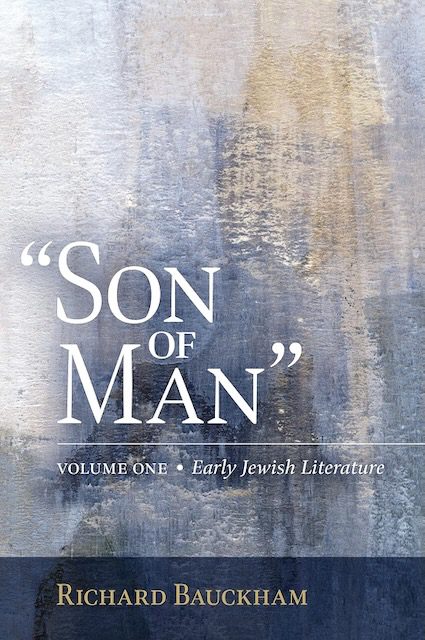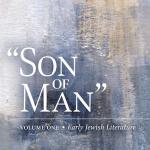Q. Here is a question I’m quite sure my students would want me to ask you. It seems clear that Josephus, and for that matter other early Jews including probably Jesus, take Daniel to be a real historical prophet of the Babylonian exile, correctly prophesying things about the future, including even the future empires finishing with the Roman one to be replaced by God’s everlasting kingdom. And yet many modern scholars take what is going on in Daniel as history retrojected into the mouth of Daniel as if it were prophecy, including, for example the later author’s knowledge of the later sacrilege committed by Antiochus Epiphanes in the Temple. Why should we not agree with Josephus and Jesus about this instead of some modern scholars or at least think that there is source material in Daniel from the period and place where both Hebrew and Aramaic were being used in exile whatever later editing or amplifications may have been added to the book?
A. Anything I say about this is entirely irrelevant to what I argue in this volume. It is not a study of Daniel (there are excellent commentaries available) but of late Second Temple Jewish interpretation of Daniel (all from well after the crisis in the time of Antiochus Epiphanes). I suppose all these writers did take Daniel at face value, written during the Babylonian exile. (Such writers would not have even thought about the possibility of “later editing or amplifications.”) Josephus did think that Daniel had proved to be a highly reliable prophet because so many of his prophecies had proved accurate in detail (especially chronology). But few modern scholars would agree with Josephus’s interpretations of those passages in Daniel. Josephus also, like his contemporaries, thought that Moses wrote the whole Pentateuch. Many Jews of this period and later thought that David wrote most of the psalms, including many that are not explicitly ascribed to him in the titles. I do not think we can settle these historical questions of authorship on the basis of what people in the time of Josephus thought. We do not decide whether a single poet called Homer wrote the whole of the Iliad and the Odyssey on the basis of the fact that later everyone thought he did.













